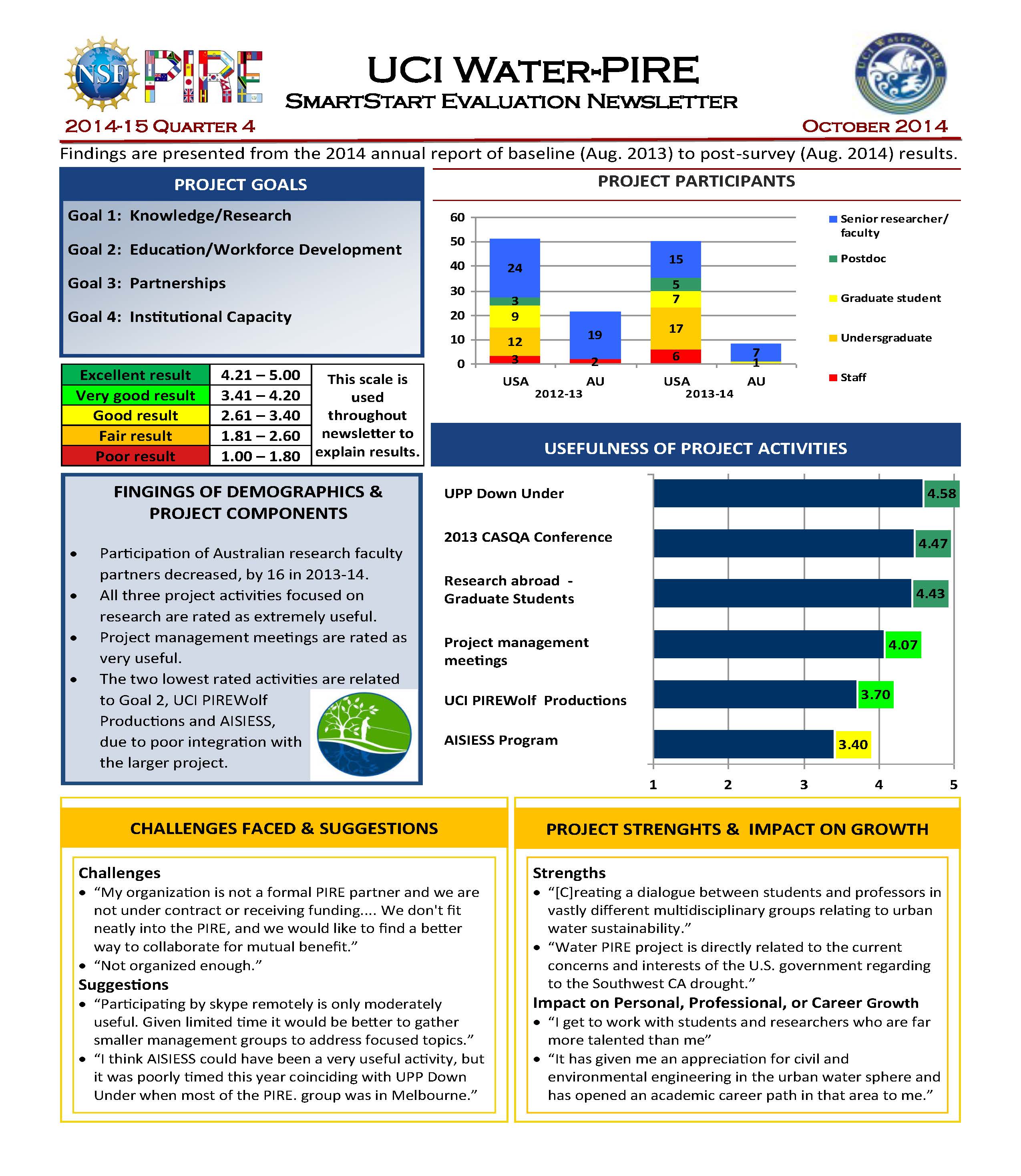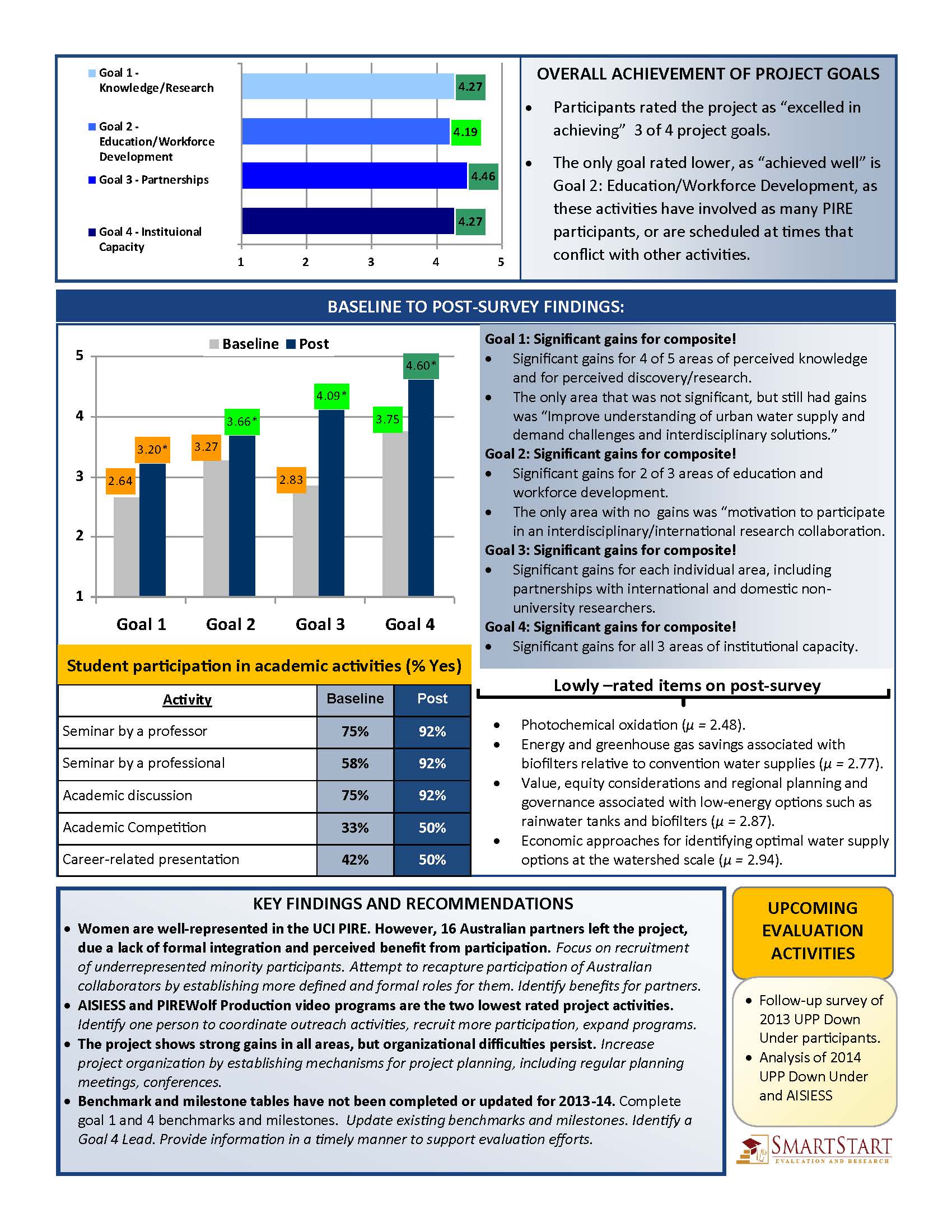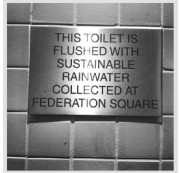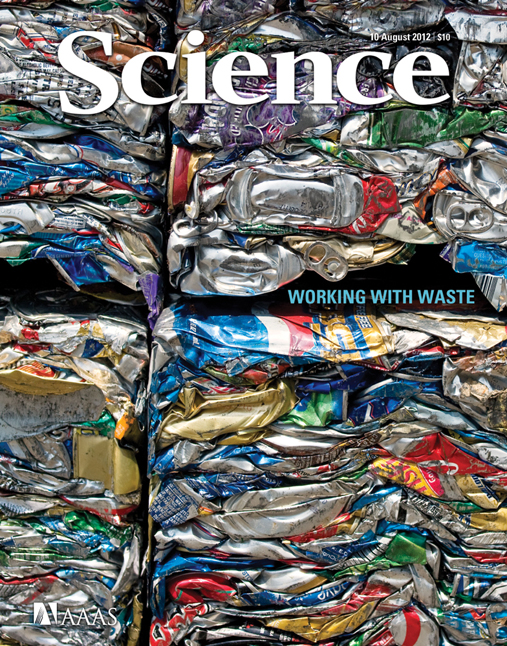Expiration Date: Tue, 2014-04-01
Organization: UCLA/Scripps Institution of Oceanography
Two postdoctoral scholar positions are available for research on ecological aspects of implementing low-energy systems for treating wastewater (including stormwater and urban runoff). Research will include field studies of plant and animal communities associated with natural wetlands performing water quality improvement services and land-based mesocosms studies using native species for water quality improvement. Research goals are to employ biomimicry of wetland plants and animals (and their interactions) in the development of biofilters that enhance re-use of wastewater. One position will focus on plants (with Rich Ambrose at UCLA) and the other on animals (with Lisa Levin at Scripps Institution of Oceanography).
Qualifications: Ph.D. in wetland ecology or related field; experience conducting ecological field work; strong interpersonal and communication skills and ability to work effectively with a diverse team; demonstrated ability to conduct statistical analyses and produce publications. Preferred qualifications include: Research experience with wetland plants and/or invertebrates; experience with water quality and related sediment parameters, a record of publication; experience with collaborative interdisciplinary research. Must have car and ability to drive to field sites and between Scripps, UC Irvine and UCLA.
The start date is July 1, 2013. Funding is available for 2-3 years, contingent on successful performance, with a possibility of extension. Salary is set by the University of California pay scale, depends on experience, and includes full university benefits. Postdocs will be expected to mentor PIRE graduate students and participate in UCI PIRE training activities. The project involves close collaboration with researchers in Australia, and exchange with Australians via travel, communication and scientific collaboration will be an important part of the position.
Apply by electronically submitting 1) a cover letter that describes your interest and qualifications for the position, 2) a Curriculum Vitae that indicates when your Ph.D. was awarded (or is anticipated), and 3) email contact addresses for at least three references to Dr. Richard Ambrose at rambrose@ucla.edu (plant focus) or Dr. Lisa Levin at llevin@ucsd.edu (animal focus). Review of applications will begin on February 1, 2013 and continue until the positions are filled.
The University of California is an Affirmative Action/Equal Opportunity Employer with a strong institutional commitment to excellence through diversity.
Contact Information:
Prof. Richard Ambrose: rambrose@ucla.edu





